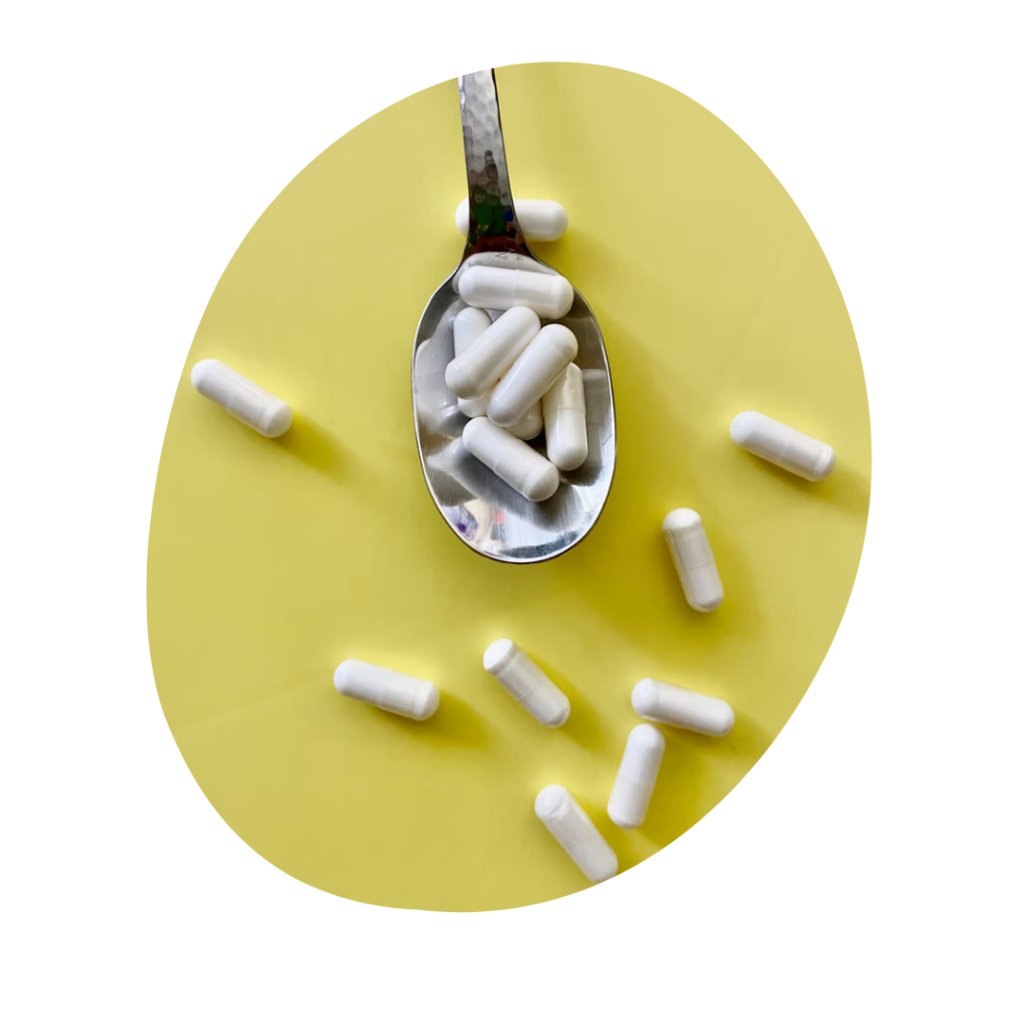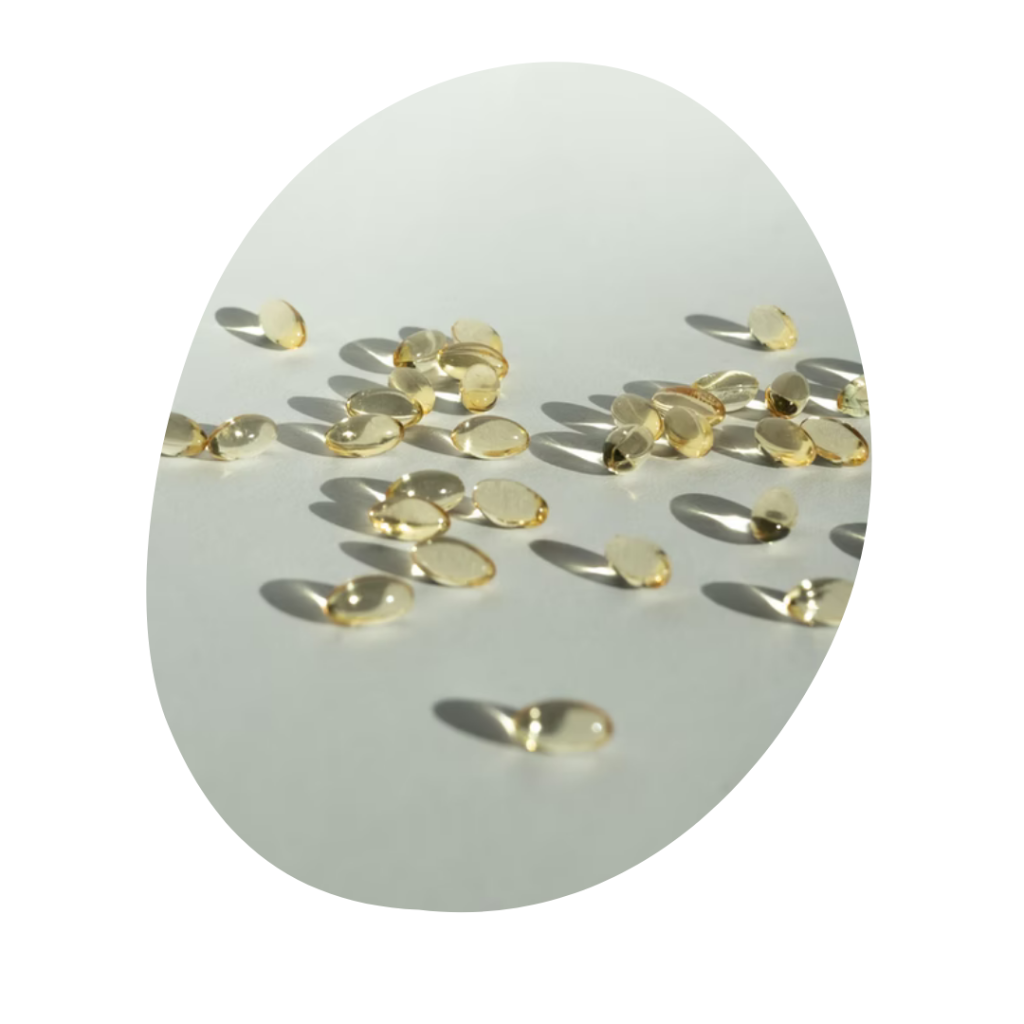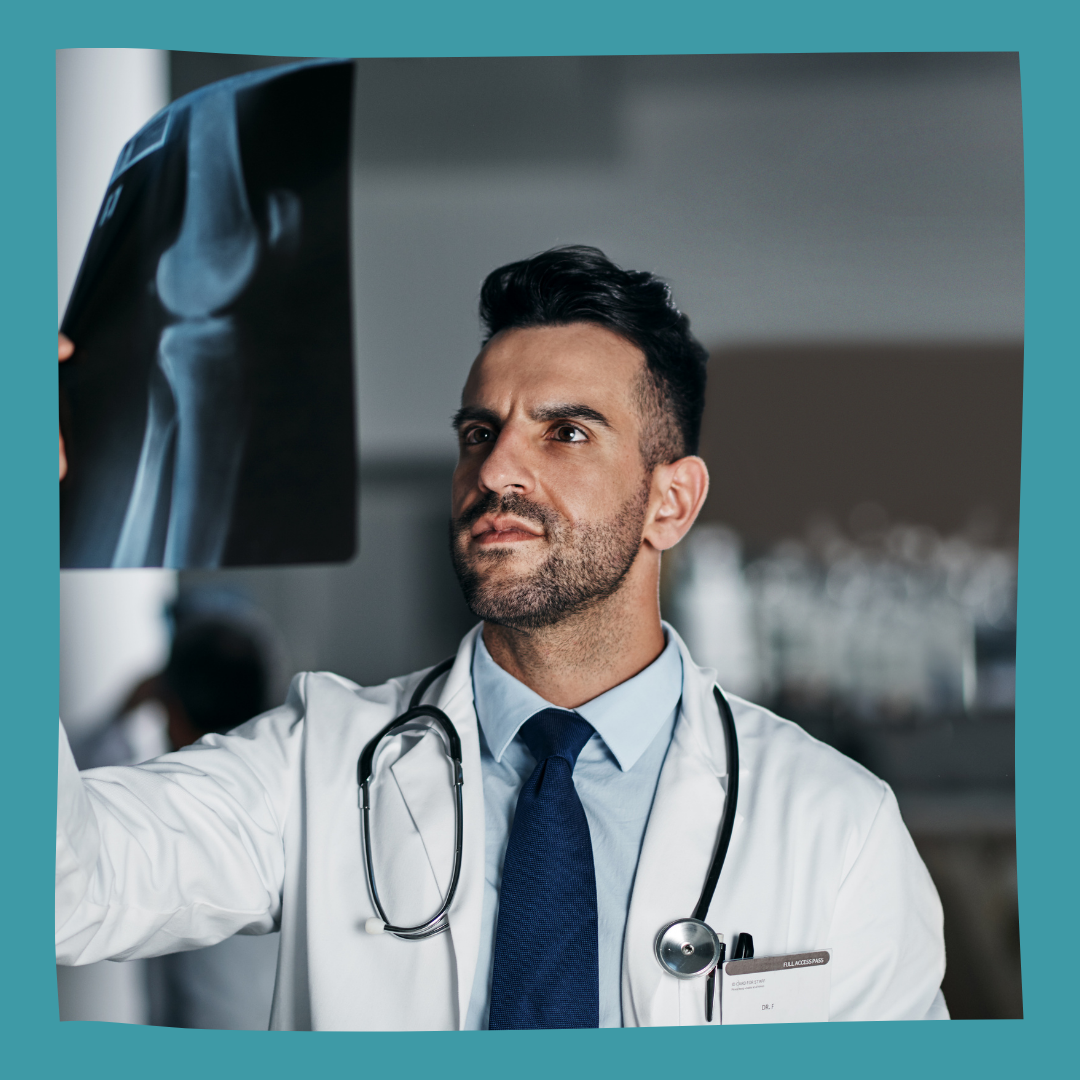by Cassie Irwin, ND
As we age, we can expect a certain decrease in bone mineral density. This happens because bone resorption (breakdown) exceeds bone growth, resulting in a net bone loss.
But when this decrease in bone density becomes rapid and severe, we can be diagnosed with osteoporosis. According to the last report in 2016, 2.2 million Canadians aged 40 years and older were diagnosed with osteoporosis. Of these, 80% were women.
Who is at risk of osteoporosis?
- The elderly
- Women
- Postmenopause
- Having a small body frame
- Type 1 and 2 diabetics
- Sedentary lifestyle
Osteoporosis can come with significant limitations to activities of daily living. It also increases the risk of hip fracture, which is associated with increased all-cause mortality.
Clearly, we want to do everything we can to slow down the rate of bone breakdown to ensure a good quality of life. Calcium reigns supreme when it comes to natural osteoporosis treatment, but it doesn’t provide all the bone structure we need.
Here is our list of 4 nutrients to support bone health.
 1. vitamin k2
1. vitamin k2
Vitamin K2 impacts bone remodelling and plays a significant role in the prevention and treatment of osteoporosis. It is very much the unsung hero when it comes to natural bone health.
Vitamin K2 activates matrix GLA protein, which is required for shuttling calcium from the blood into the bone matrix. Vitamin K2 insufficiency may impair the body from putting calcium in the bones, and may contribute to calcification in the arteries.
In fact, calcium supplementation has been associated with risk of plaque buildup in the arteries and heart damage. This may have more to do with undiagnosed vitamin K2 deficiency than calcium supplementation itself.
A study showed that one year of high dose vitamin K2 supplementation was effective in reducing femoral bone loss in postmenopausal women.
It is very easy to find a supplement combining Vitamin K2 and vitamin D3 in the ideal ratio for bone and cardiovascular health.
 2. VITAMIN D
2. VITAMIN D
Like vitamin K2, vitamin D is involved in bone remodeling. Deficiency in vitamin D has been associated with poor bone health, osteoporosis and risk of fracture.
A study among hip fracture patients aged 50+ showed that 76% of them had vitamin D deficiency.
Among postmenopausal women, who have a higher risk of developing osteoporosis, a study showed that 47% of the subjects had vitamin D deficiency, and 31% had insufficient levels of the vitamin. Osteoporosis in the hip was more common among those with vitamin D deficiency than those with sufficient levels.
Living in northern latitudes deprives Canadians from making vitamin D from the sun for about half the year. And the food sources of vitamin D are limited to mostly seafood, eggs, and mushrooms.
Daily requirements vary between 600 IU – 800 IU, and supplementation may need to be higher than this dosage to top up levels in the blood. Speak with your healthcare provider for a prescription specific to your needs.
 3. VITAMIN C
3. VITAMIN C
Vitamin C isn’t just for immune health. Studies have shown that a greater dietary intake of vitamin C is associated with 33% lower risk of osteoporosis. Greater dietary intake of vitamin C, in turn, is also associated with a lower risk of hip fracture, as well as a higher bone mineral density in the femur and lumbar spine.
In a meta-analysis of six articles with 225,062 study subjects, those who added at least one serving of fruits and vegetables per day to their existing diet decreased their bone fracture risk.
Foods rich in vitamin C:
- Orange
- Kiwi
- Bell peppers
- Broccoli
- Tomato
- Kale
 4. calcium
4. calcium
Calcium is one of the most important minerals for building strong bones. Unlike supplement forms of calcium, eating food-based sources of calcium shows no increased risk of atherosclerotic plaques and heart damage. Food-based calcium supplements clearly win the cake when it comes to reaching target calcium intake while minimizing risks.
Aquamin, derived from red algae, is a multi-mineral complex used in some calcium supplements. It may be beneficial for bone health particularly because it is a food-source of many bone-supporting minerals. Aquamin has been studied among those with knee osteoarthritis and was shown to increase walking distance and joint range of motion.
The National Institute of Health (NIH) recommends a daily calcium intake of 1,000 mg (milligrams) for men and premenopausal women. Postmenopausal women with osteoporosis and men over 70 should aim to get 1200mg of calcium through a daily supplement.

Dr. Cassie Irwin, ND
Naturopathic Contributor, The Peanut Mill Natural Foods Market
WORKS CITED:
Aquamin. https://aquamin.com/products/marine-minerals-aquamin-f/
Brondani, J. Fruit and vegetable intake and bones: A systematic review and meta-analysis. PLoS One. 2019 May 31;14(5):e0217223. PMID: 31150426. https://pubmed.ncbi.nlm.nih.gov/31150426/
Castiglioni S, Cazzaniga A, Albisetti W, Maier JA. Magnesium and osteoporosis: current state of knowledge and future research directions. Nutrients. 2013;5(8):3022-3033. Published 2013 Jul 31. doi:10.3390/nu5083022
Hanieh Malmir et al. Vitamin C intake in relation to bone mineral density and risk of hip fracture and osteoporosis: a systematic review and meta-analysis of observational studies. Br J Nutr. 2018 Apr. https://pubmed.ncbi.nlm.nih.gov/29644950/
Dadra, A., et al. High prevalence of vitamin D deficiency and osteoporosis in patients with fragility fractures of hip: A pilot study. J Clin Orthop Trauma. 2019 Nov-Dec;10(6):1097-1100. Epub 2019 Mar 21. PMID: 31708635. https://pubmed.ncbi.nlm.nih.gov/31708635/
Kamineni, V., et al. Association between serum 25-hydroxyvitamin D levels and bone mineral density in normal postmenopausal women. J Midlife Health. 2016 Oct-Dec;7(4):163-168. PMID: 28096639. https://pubmed.ncbi.nlm.nih.gov/28096639/
Katsoulis, M. et al. Excess mortality after hip fracture in elderly persons from Europe and the USA: the CHANCES project. J Intern Med. 2017 Mar. https://pubmed.ncbi.nlm.nih.gov/28093824/
Government of Canada. Osteoporosis and related fractures in Canada: Report from the Canadian Chronic Disease Surveillance System 2020. https://www.canada.ca/en/public-health/services/publications/diseases-conditions/osteoporosis-related-fractures-2020.html
Johns Hopkins Medicine. Calcium Supplements May Damage the Heart
October 11, 2016. https://www.hopkinsmedicine.org/news/media/releases/calcium_supplements_may_damage_the_heart#:~:text=After%20analyzing%2010%20years%20of,a%20diet%20high%20in%20calcium%2D
Maresz K. Proper Calcium Use: Vitamin K2 as a Promoter of Bone and Cardiovascular Health. Integr Med (Encinitas). 2015;14(1):34-39.
Mizuiri, S. et al. Relationship of matrix Gla protein and vitamin K with vascular calcification in hemodialysis patients. Ren Fail. 2019 Nov;41(1):770-777. https://pubmed.ncbi.nlm.nih.gov/31538831/
Myneni, V.D., et al. Regulation of bone remodeling by vitamin K2. Oral Dis. 2017 Nov. PMID: 27976475. https://pubmed.ncbi.nlm.nih.gov/27976475/
Zhang, Y., et al. Effect of Low-Dose Vitamin K2 Supplementation on Bone Mineral Density in Middle-Aged and Elderly Chinese: A Randomized Controlled Study. Calcif Tissue Int. 2020 Feb 14. Epub 2020 Feb 14. PMID: 32060566. https://pubmed.ncbi.nlm.nih.gov/32060566/

